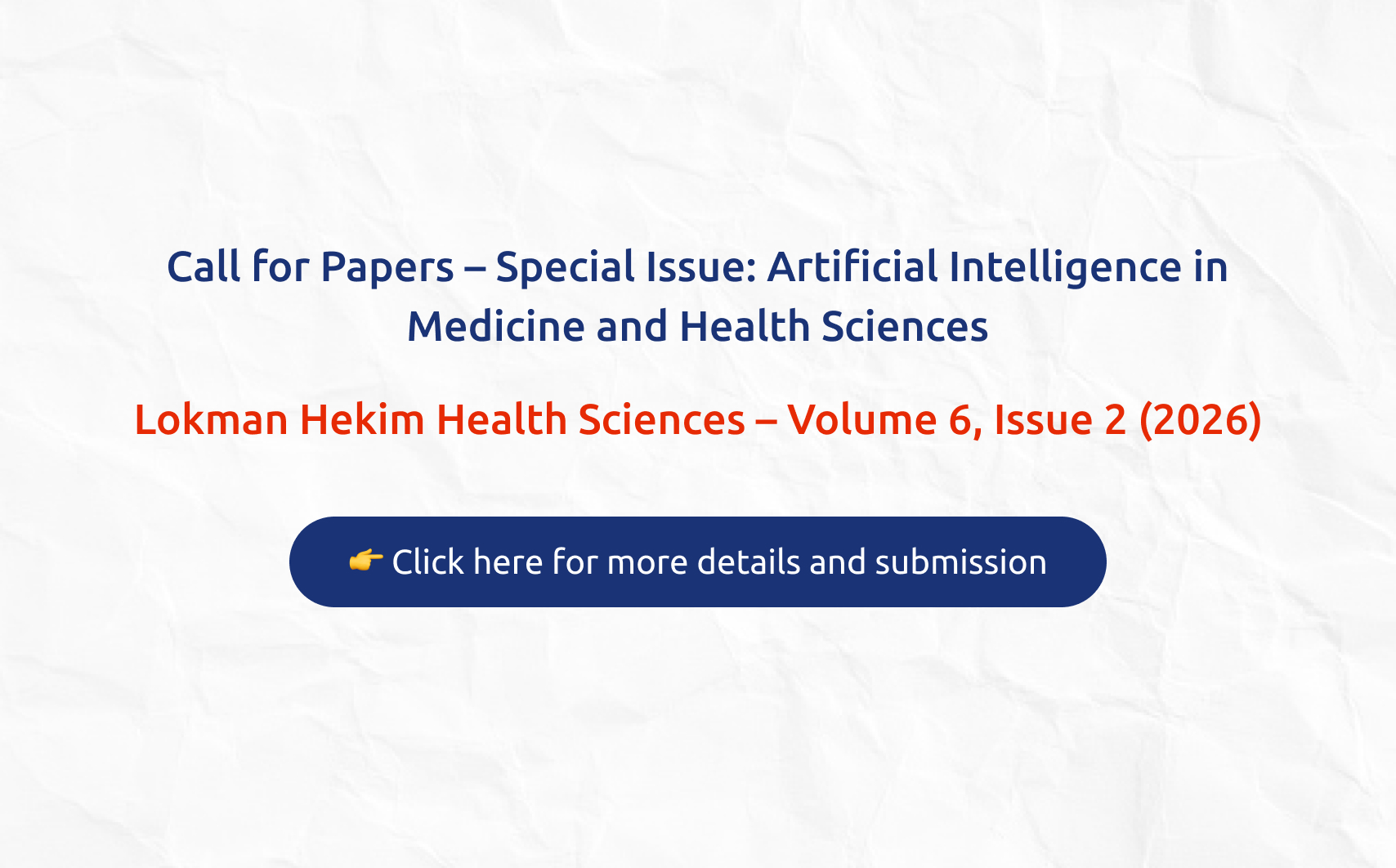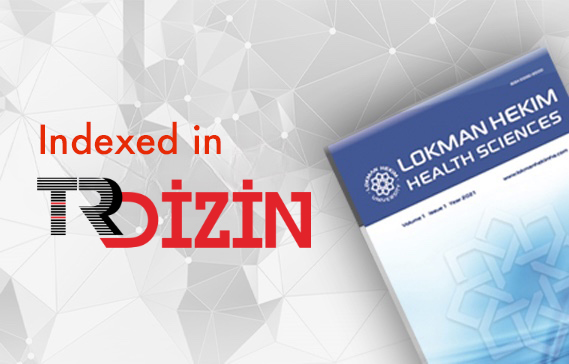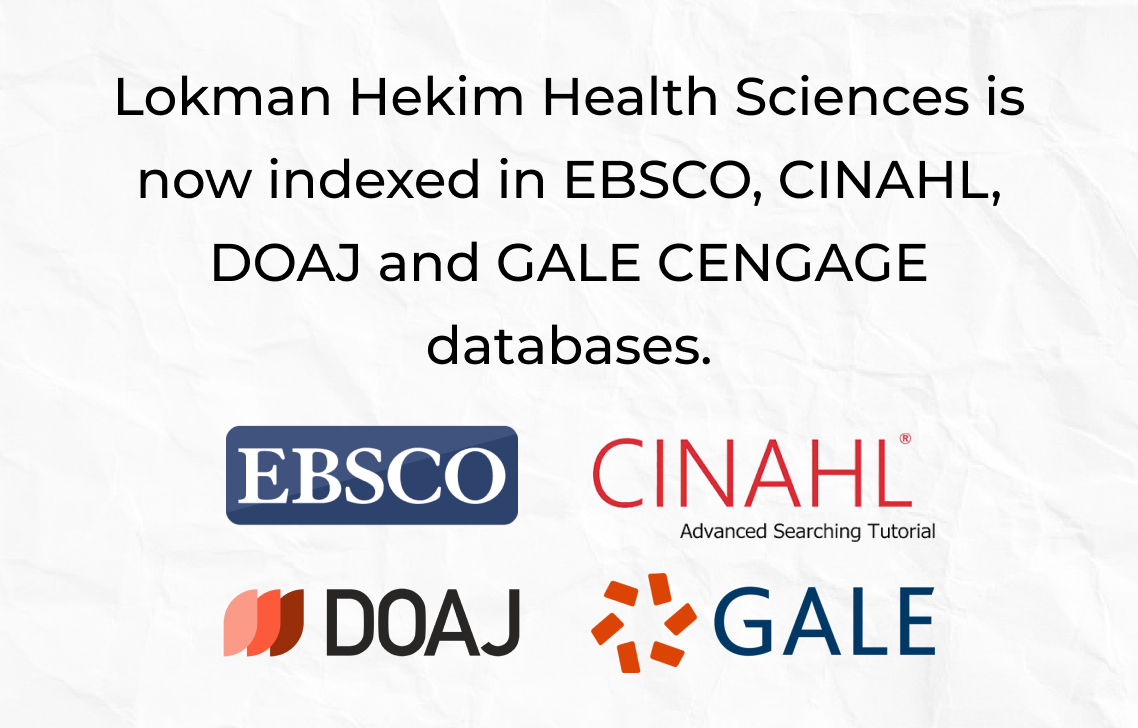2Department of Gynecology and Obstetrics, Medinova Hospital, Aydın, Türkiye
3Department of Gynecology and Obstetrics, Aydın Adnan Menderes University, Faculty of Health Sciences, Aydın, Türkiye
Abstract
Introduction: Complete blood count parameters have been studied as markers since they are associated with the inflammatory process in the diagnosis and prognosis of many types of cancer. This study aimed to evaluate the preoperative complete blood count parameters in patients with and without endometrioid type endometrial cancer while investigating the relationship of these biomarkers with prognostic factors in the cancer group.
Materials and Methods: The study had a retrospective design. All the patients with endometrial cancer were of the endometrioid type. The cancer group consisted of 94 pathologically confirmed cases. The control group consisted of 96 women diagnosed with dysfunctional uterine bleeding without any signs of organic gynecological pathology. The clinicopathological features and preoperative complete blood count results of all the patients were evaluated.
Results: Hemoglobin, leucocyte and platelet measurements were higher; whereas lymphocytes, monocytes, mean platelet volume were lower in the cancer group as compared with the controls (p<0.05). When subjects with endometrial cancer were evaluated on their own; monocyte/lymphocyte ratio was higher in the patients with lymph node metastasis as compared with early stage cases (p=0.006). Age remained the only factor in predictive of prognostic factors such as myometrial invasion depth, lymph node metastases, advanced stage, and grade.
Discussion and Conclusion: Complete blood count parameters can be simple, easily available and inexpensive markers in endometrial cancer. In addition, rising monocyte/lymphocyte ratios may be guiding in the prediction of advanced disease. However, molecular studies that specifically investigate the expression of secretory factors are needed for the actual predictive potential of these biomarkers.
2Medinova Hastanesi, Kadın Hastalıkları ve Doğum Kliniği, Aydın, Türkiye
3Aydın Adnan Menderes Üniversitesi, Sağlık Bilimleri Fakültesi, Kadın Hastalıkları ve Doğum Anabilim Dalı, Aydın, Türkiye
Amaç: Tam kan sayımı parametreleri birçok kanser türünün tanısında ve prognozunda inflamatuar süreçle ilişkili olması sebebiyle belirteç olarak çalışılmıştır. Bu çalışmada endometrioid tip endometriyum kanseri olan ve olmayan hasta gruplarında preoperatif hemogram parametrelerinin değerlendirilmesi; aynı zamanda kanser grubunda bu parametrelerin prognostik faktörlerle ilişkisinin araştırılması amaçlanmıştır.
Araştırma Metodolojisi: Çalışma retrospektif olarak dizayn edildi. Endometriyum kanseri hastalarının hepsi endometrioid tip idi. Kanser grubunu patolojik olarak yanı almış 94 hasta oluşturdu. Kontrol grubu anormal uterin kanama nedeniyle endometriyal küretaj uygulanan ve herhangi bir organik jinekolojik patoloji veya hastalık belirtisi olmayan disfonksiyonel uterus kanaması tanısı alan 96 kadından oluşmaktaydı. Tüm hastaların klinikopatolojik özellikleri ile preoperatif tam kan sayımı sonuçları değerlendirilmiştir.
Bulgular: Hemoglobin, lökosit ve trombosit değerleri vaka grubunda daha yüksek; lenfosit, monosit, ortalama trombosit hacmi (MPV) vaka grubunda daha düşük bulunmuştur (p<0.05). Kanser vakaları kendi içinde değerlendirildiğinde; lenf nodu metastazı olan hastalarda erken evre hastalara göre monosit/lenfosit oranı daha yüksek bulundu (p=0.006). Myometrial invazyon derinliği, lenf nodu metastazı, ileri evre ve grade gibi prognostik faktörleri belirlemede yaş tek faktör olarak saptandı.
Sonuç: Hemogram parametreleri endometriyum kanserinde basit, kolaylıkla kullanılabilir ve ucuz belirteçler olabilir. Ayrıca yükselen monosit/lenfosit oranları da ileri evre hastalığın tahmininde yol gösterici olabilir. Bununla birlikte, bu biyo-belirteçlerin gerçek öngörme potansiyeli konusunda özellikle sekretuar faktörlerin ekspresyonunu araştıran moleküler çalışmalar gerekmektedir.






 Sündüz Özlem Altınkaya1
Sündüz Özlem Altınkaya1 









